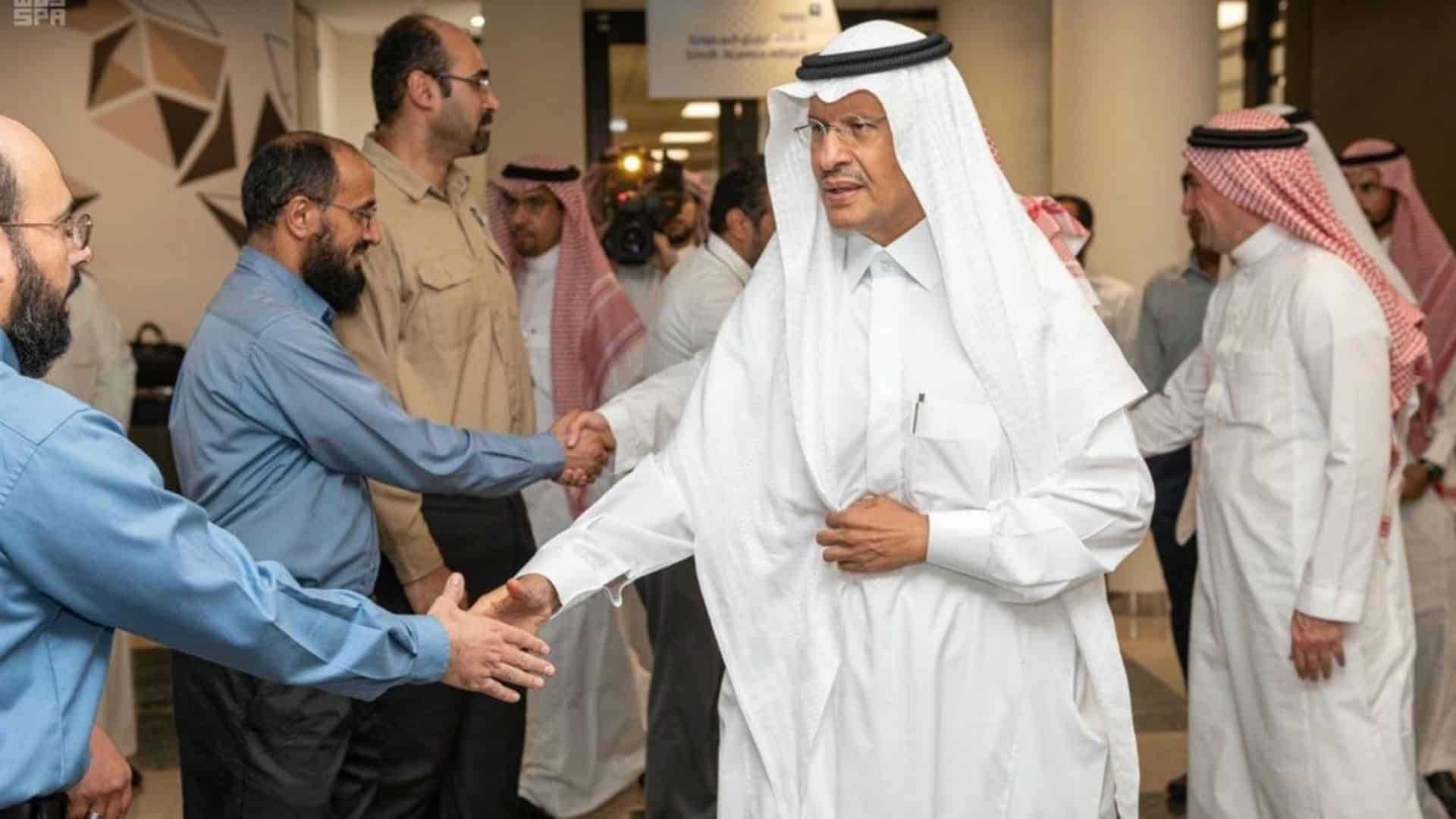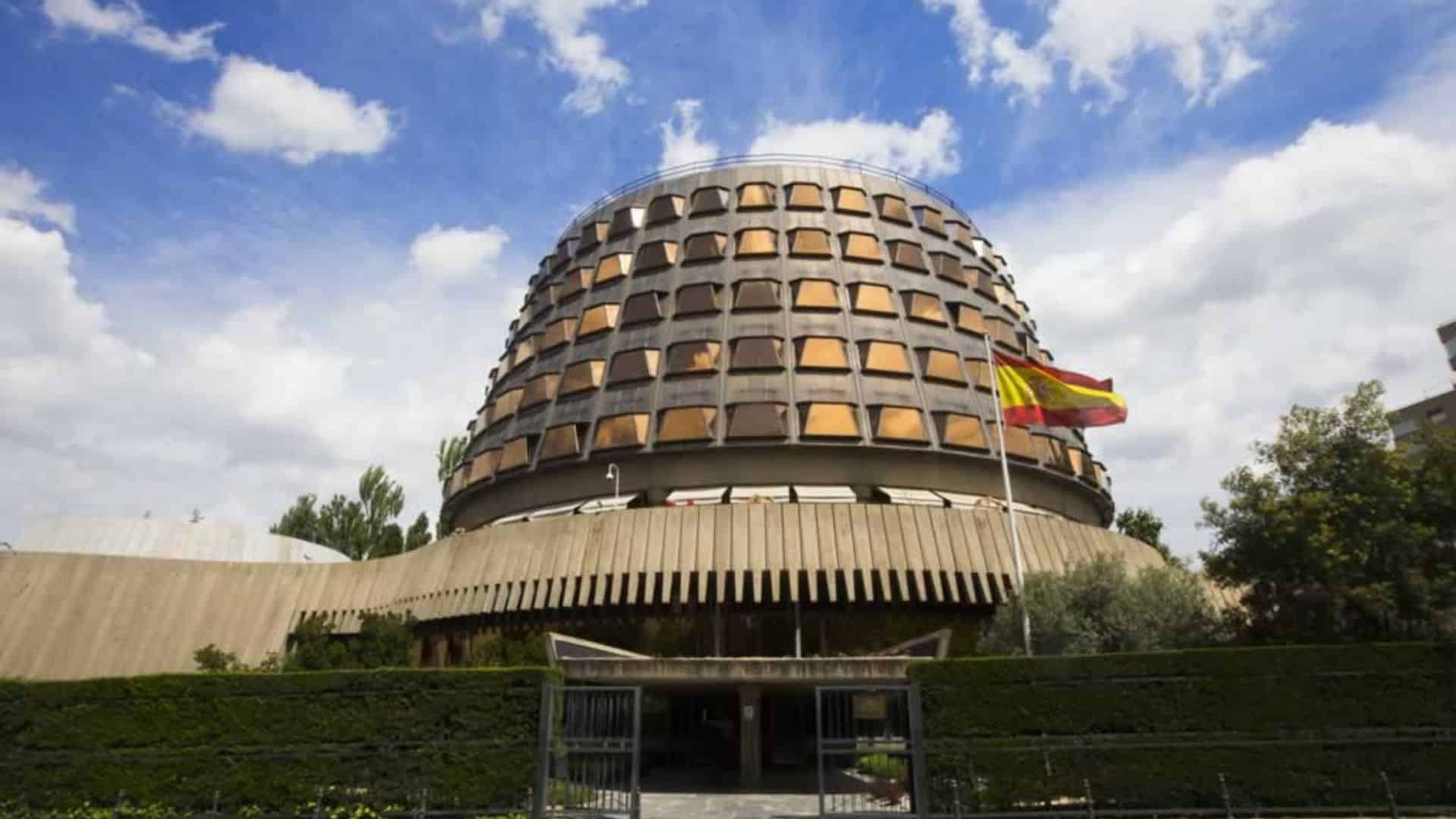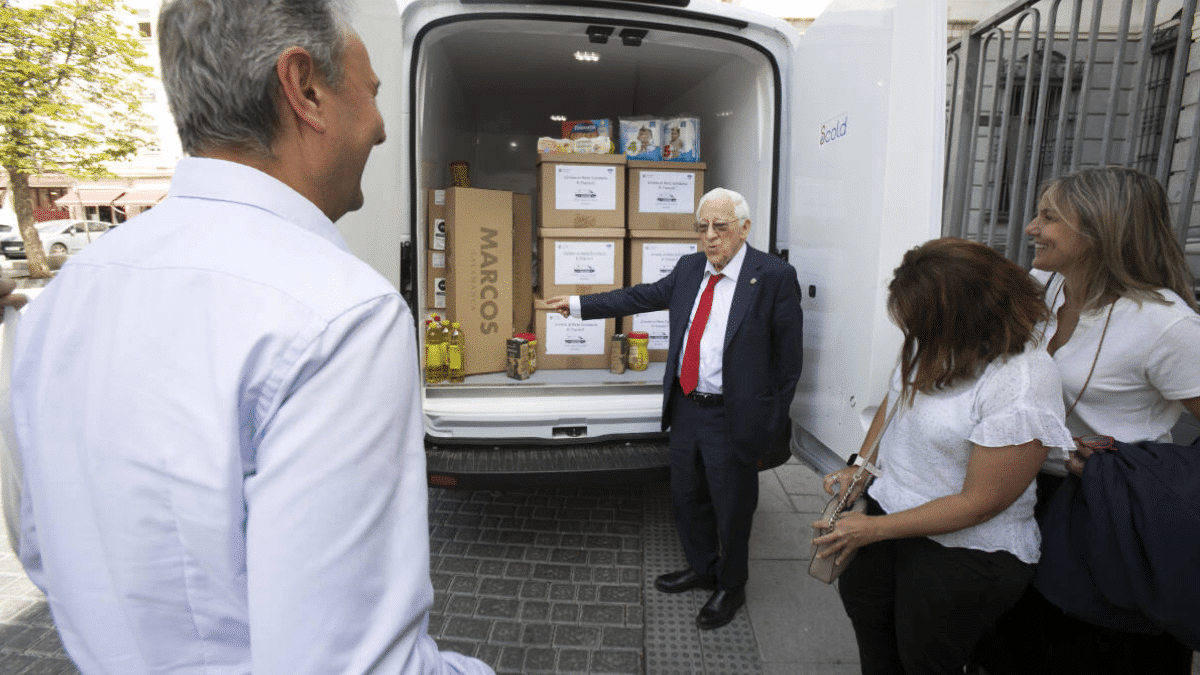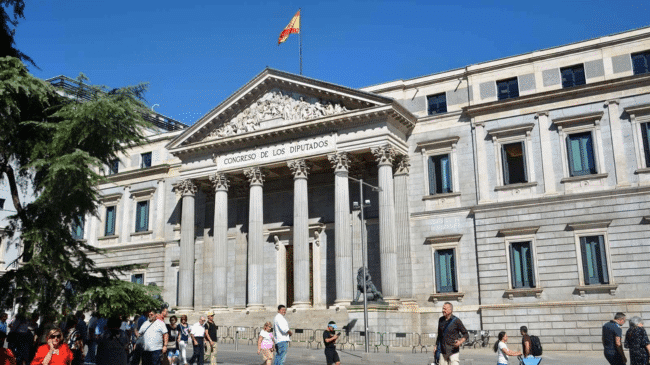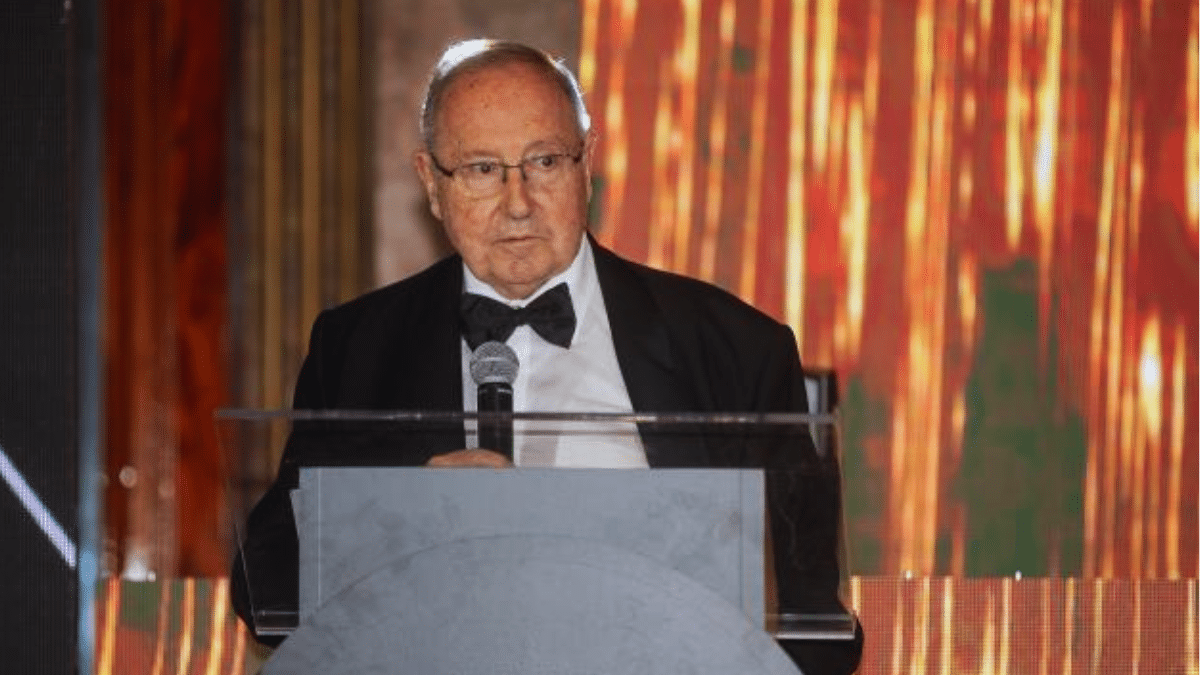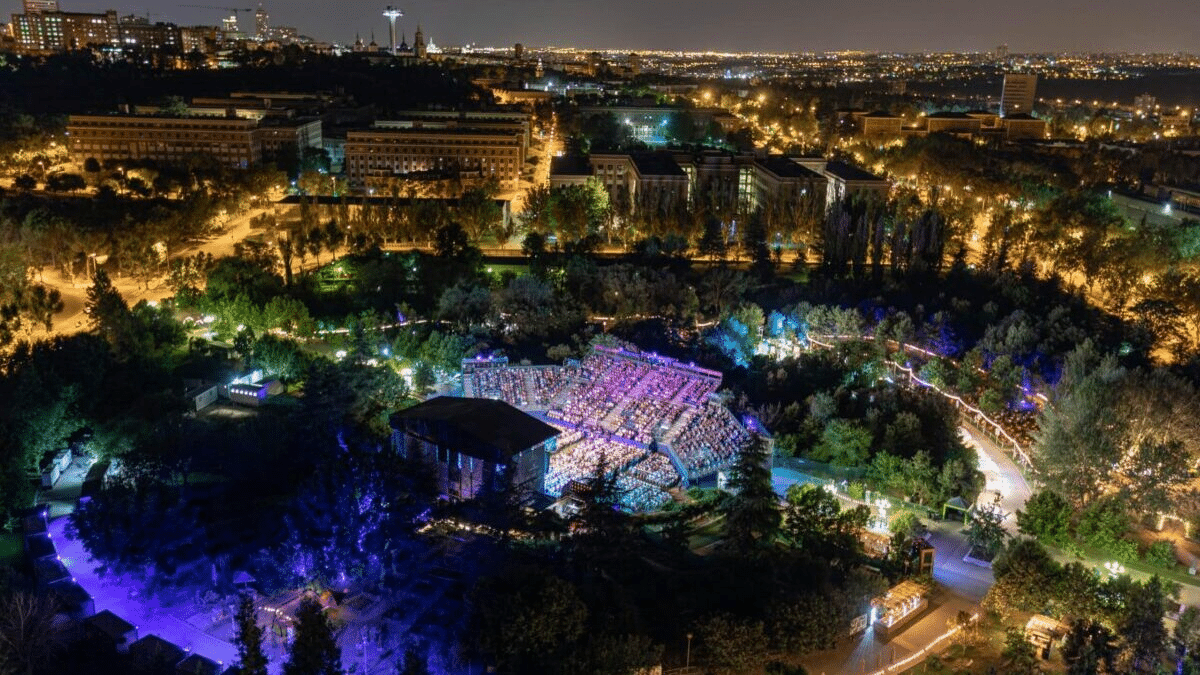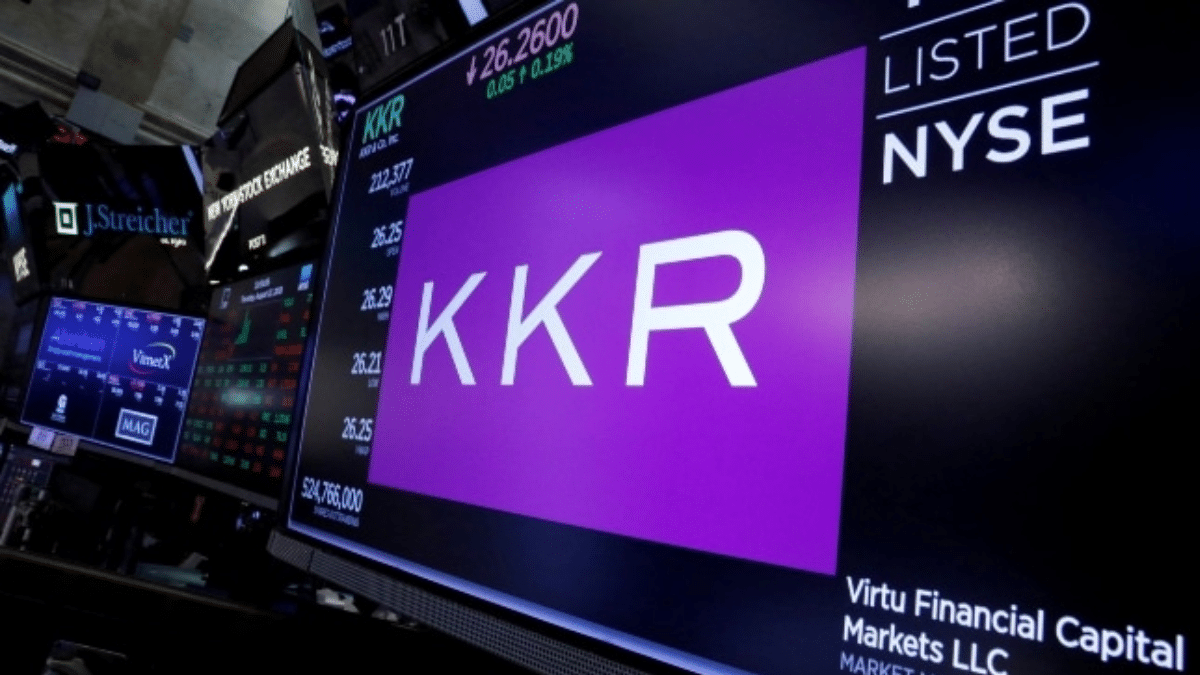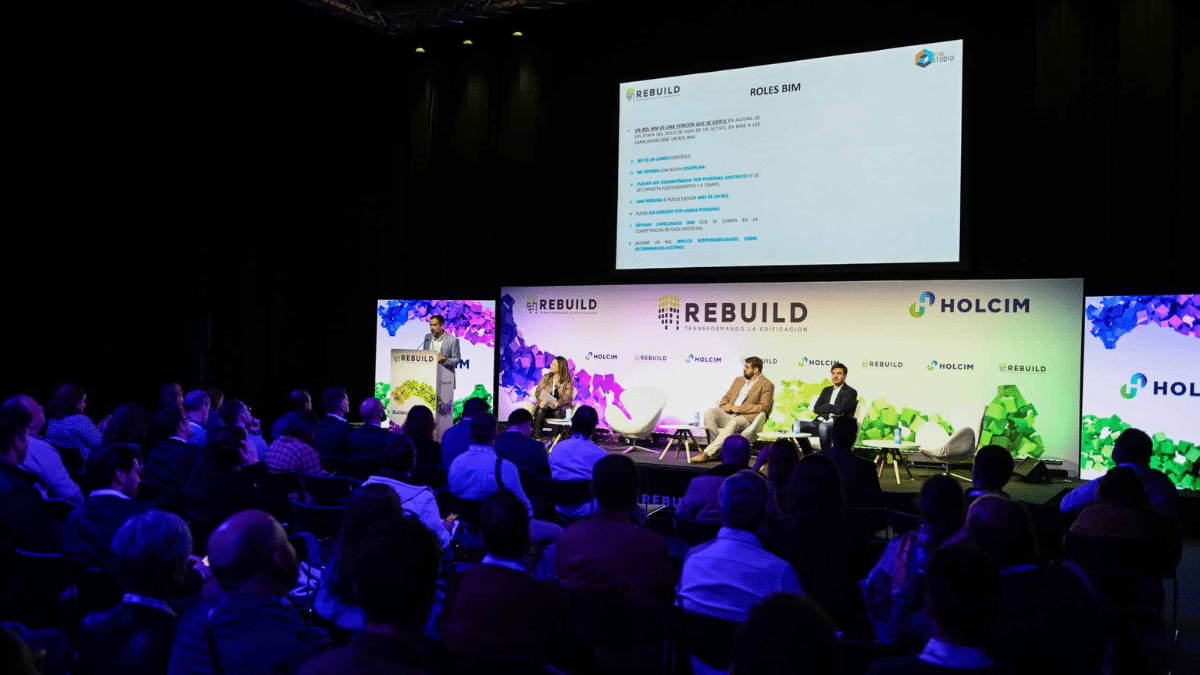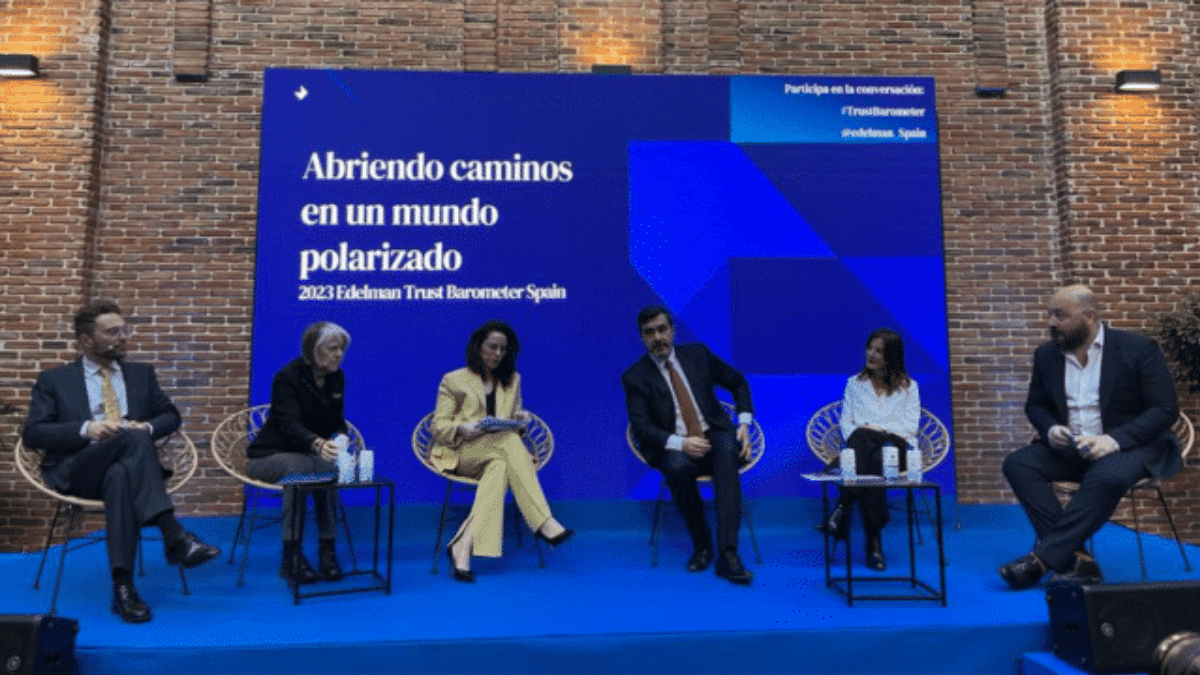
Spain, among the most polarised countries with the greatest distrust of its institutions and leaders
If there is one adjective that aptly describes the current landscape in Spain, it is polarisation. A delicate phenomenon that is having consequences at the business, political and social levels, and which has a direct impact on the level of collective trust.
Spain is one of the countries that can attest to the deterioration of this correlation, according to the Edelman Trust Barometer Spain. The latest edition of this study -presented a few days ago- shows that Spain is among the top six most polarised countries, while only 4 out of 10 Spaniards trust institutions to do the right thing, with an average of 44%. Furthermore, the study indicates that 3 out of 4 Spaniards say that the lack of civility and mutual respect is the greatest they have ever seen.
EFE president Gabriela Cañas admits that “the media are encouraging polarisation”.
In this evolution of mistrust and polarisation, the media play an important role, having lost two percentage points compared to 2022, to 38%, the same threshold as Colombia or the United Kingdom.
At a round table of experts held at the presentation of the study a few days ago in Madrid, the president of EFE Agency, Gabriela Cañas, admitted that “the media are encouraging polarisation, and I think we are not doing our job properly. We have to review our system”.
“It cannot be that there is a debate on European policies in the European Parliament, and the media only echo the bickering between politicians. Mr Cañas proposed promoting “constructive journalism, which reports more on things that are well done”.
The authors of the report emphasise that the main people affected by the global disinformation narrative are governments and the media, despite the fact that traditional media sources of information have improved compared to the previous year, to 59 points on a scale of 0 to 100.
The political scientist Jorge Tamames, a researcher at the Elcano Royal Institute, warned that despite the debates surrounding polarisation, this “in itself does not have to be bad”, and gave as an example countries such as Saudi Arabia, characterised by its low polarisation as a result of the absence of a public sphere where people can disagree. “It is sometimes worrying, but the very existence of it should not worry us.
Public-private partnerships
Some speakers mentioned public-private collaboration as one of the keys to mitigating polarisation and increasing trust. A link that, in the opinion of the Director of Cabinet of the Secretary of State for Digitalisation and Artificial Intelligence, Ángela Paloma, is “more present than ever”.
The CEOE’s Director of Public Affairs and Relations with the Courts, José Luis Ayllón, proposes that in order to ensure public-private collaboration, it should first be the politicians, within the public sphere, who guarantee this consensus and trust, so that a public-private collaboration can then be generated. “When we visualise this collaboration between public actors, it will be much easier to build this public-private partnership,” he said.
Ayllón defined trust as the component that “when you have it, you don’t give it importance, and if you lose it, it becomes one of the main problems”. The particularity of the current context indicates that it is “the lethal combination of economic pessimism and political polarisation”.
In addition to governments and journalists, companies are other actors called upon to manage trust. IKEA’s Dircom, Laura Ruiz de Galarreta, defended the firm commitment to honesty and transparency, as well as the leap from storytelling to storydoing.

